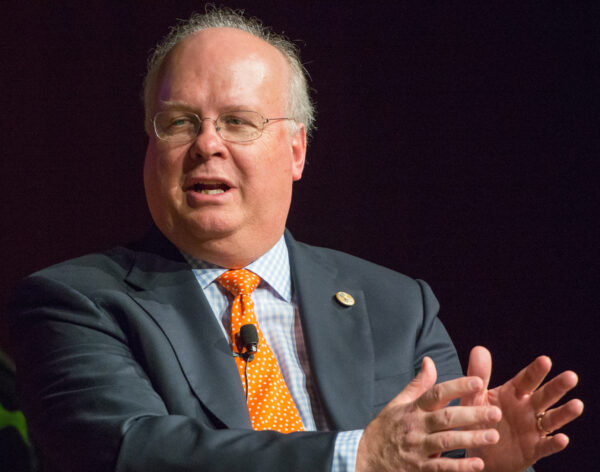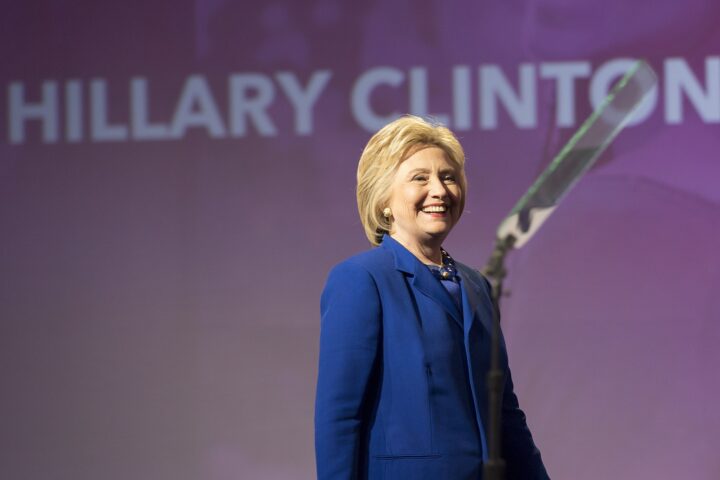In a new Wall Street Journal column, veteran Republican strategist Karl Rove commended President Donald Trump for what he described as a long-overdue realignment of priorities — and warned that both the White House and congressional Republicans must move quickly to prevent a bleak midterm outcome.
Rove opened by applauding Trump’s reversal on the release of the Epstein files, calling the shift “wise and overdue.” He argued that “the record suggests” the president is not “hiding something,” and framed the move as a necessary course correction after weeks of political pressure. Rove also credited Trump for reducing tariffs on products like coffee and bananas, noting that such goods are either impossible for American workers to produce domestically or cannot be supplied in sufficient quantities.
“Tariffs raise prices,” he wrote, adding that imports of this kind “deserve zero tariffs.” The gesture, he suggested, reflected a practical recognition of economic realities — and a strategic adjustment that Republicans would do well to adopt more broadly.
From there, Rove pivoted to what he cast as the GOP’s most urgent policy challenge: health care. The recent government shutdown, he argued, thrust renewed attention on Democrats’ push to preserve Affordable Care Act subsidies that originated during the pandemic. Polling consistently shows that voters consider health care expenses a central factor in their personal financial stability, a dynamic Rove warned Republicans cannot afford to ignore.
Democrats, he wrote, “will make healthcare affordability a central midterm issue.” While he acknowledged it is unlikely Republicans will be able to win over most voters on the topic, he insisted the party “can—and must—narrow the Democratic advantage.”
The path forward, in Rove’s view, requires Republicans to present a clear alternative — one grounded in what he called “empowering consumers.” He argued that this effort cannot be left solely to the White House. Instead, congressional Republicans should take the lead in shaping and promoting a health care message that resonates with voters.
“It’s the congressional majorities that will be on the ballot next year,” Rove contended. A Capitol Hill–driven process, he said, will draw in “more voices in those majorities advocating reforms,” which he described as essential to closing the gap with Democrats on health care. Relying on the executive branch alone, he warned, risks muddling the message: “Better to have several hundred GOP candidates spreading the word than depending on a White House that often struggles with message discipline.”
Rove stressed that Republicans do not need to pass a health care overhaul before the midterms. Rather, they must demonstrate that they have “better healthcare answers than simply spending more taxpayer dollars.” The goal, he suggested, is to show voters that the GOP has a coherent and credible vision — one that competes directly with Democrats’ pitch on affordability.
His assessment amounted to a broader appeal: with Trump adjusting his stance on key issues, the rest of the party must follow suit if it hopes to defy political headwinds and avoid a punishing election year.
[READ MORE: Rapinoe Questions Efforts to Protect Women’s Sports, Dismisses Concerns Over Transgender Participation]








